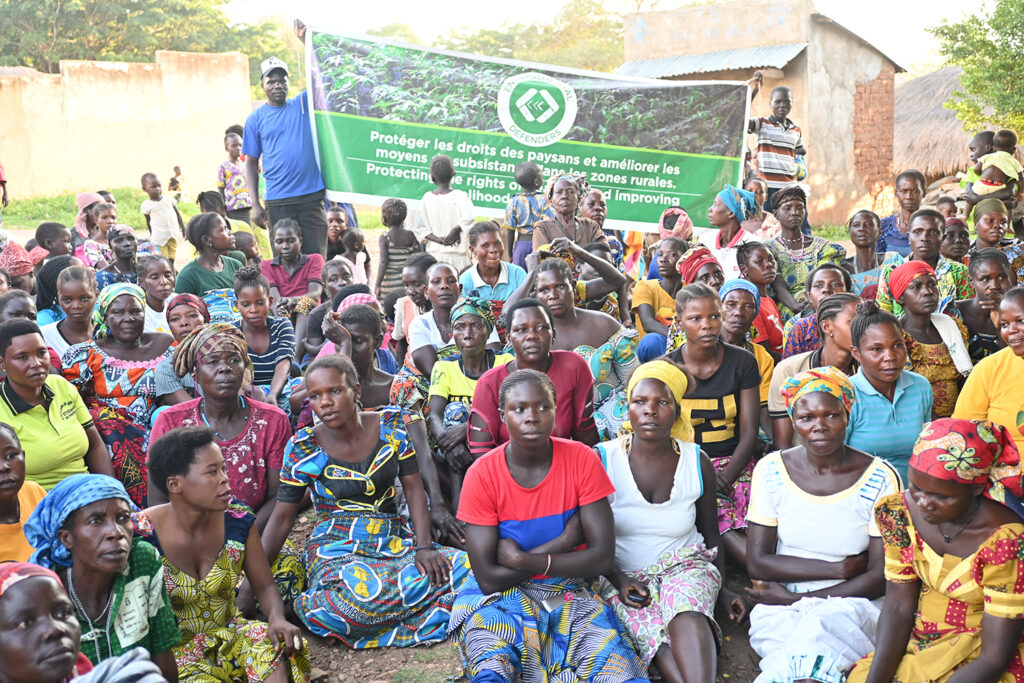From March 2023 to June 17th 2023, Environmental Defenders held 17 workshops and training on environmental protection, land rights, and climate smart agriculture for smallholder farmers and households in Mahagi Territory of Ituri province in North Eastern DR Congo.
Environmental Defenders is working on a two-year project to improve human and environmental security. The project’s goal is to “empower rural marginalized and traditional peasant and indigenous communities in Mahagi Territory to transform their energies toward secure and self-sustaining livelihoods.” Environmental Defenders attempts to achieve food and income or economic security, human development, and good governance at the local level through doing so.
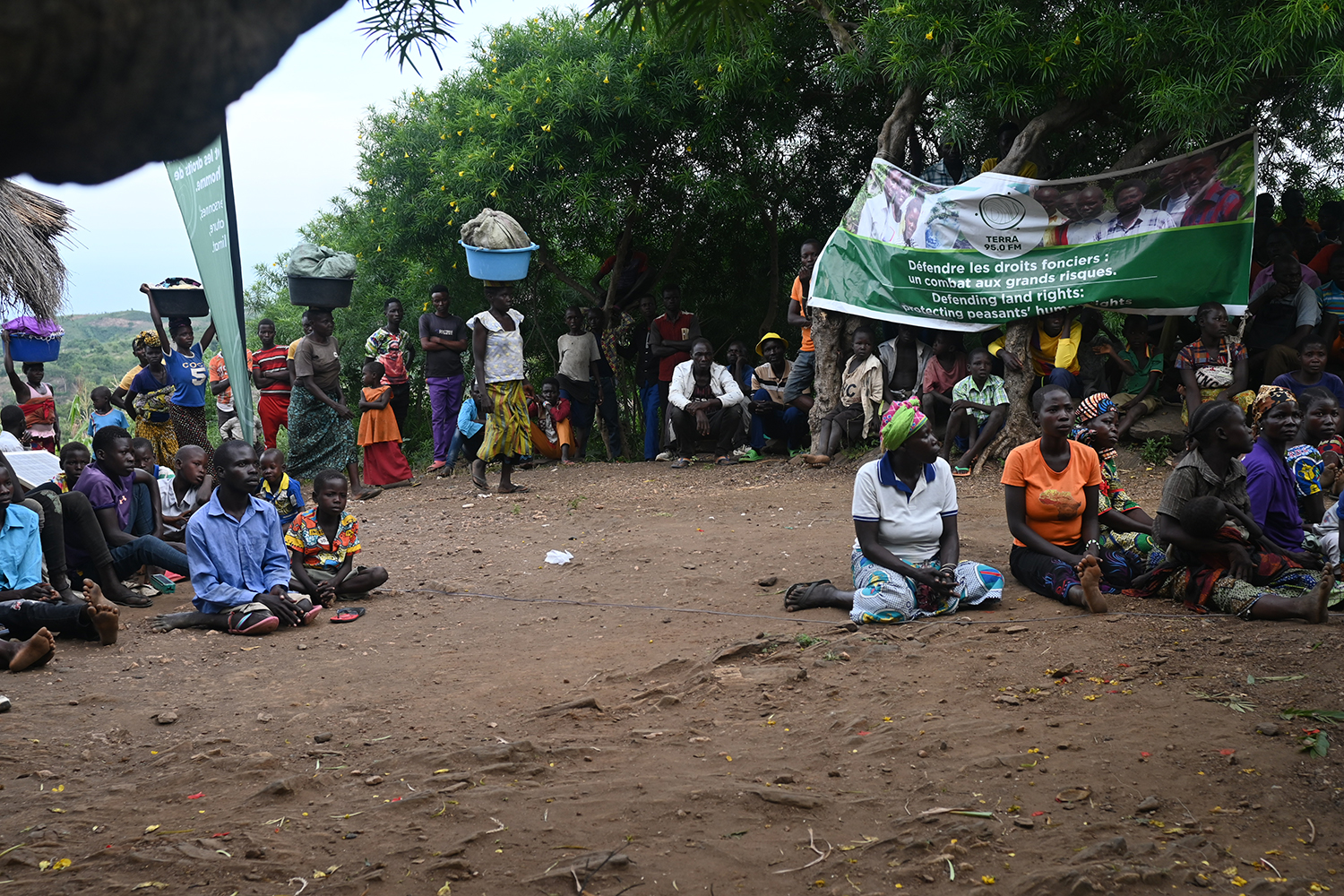
Environmental Defenders envisions active citizens’ households and organizations being able to equitably and sustainably enjoy: (i) Food Security- Eating nutritious foods as a family at least three times a day; (ii) Income/Economic Security-Living in decent homes and accumulating adequate financial and material assets; (iii) environmental security and promoting climate resilience; (iv) Land and tenure security – Obtaining land rights and access to resources among others.
Since January 2023, the project has been in operation for 6 months. The first year of this project will focus on capacity building and training for smallholder farmers, households, and groups on topics such as land rights, human rights and democracy, environmental protection, climate smart agriculture, biodiversity conservation, food security, and agro ecology, as well as raising awareness about Peasants’ rights, declarations of human rights, and Free Prior and Informed Consent (FPIC). The project aims to reach 10,000 smallholder farmers and 3000 households across the Mahagi Territory’s six chiefdoms. Another component of the project is the direct provision of free agricultural extension services to 7000 smallholder farmers via radio broadcasts, community video screenings on topics related to climate smart agriculture, pest and diseases, harvesting techniques, planting and caring for crops and farmlands.
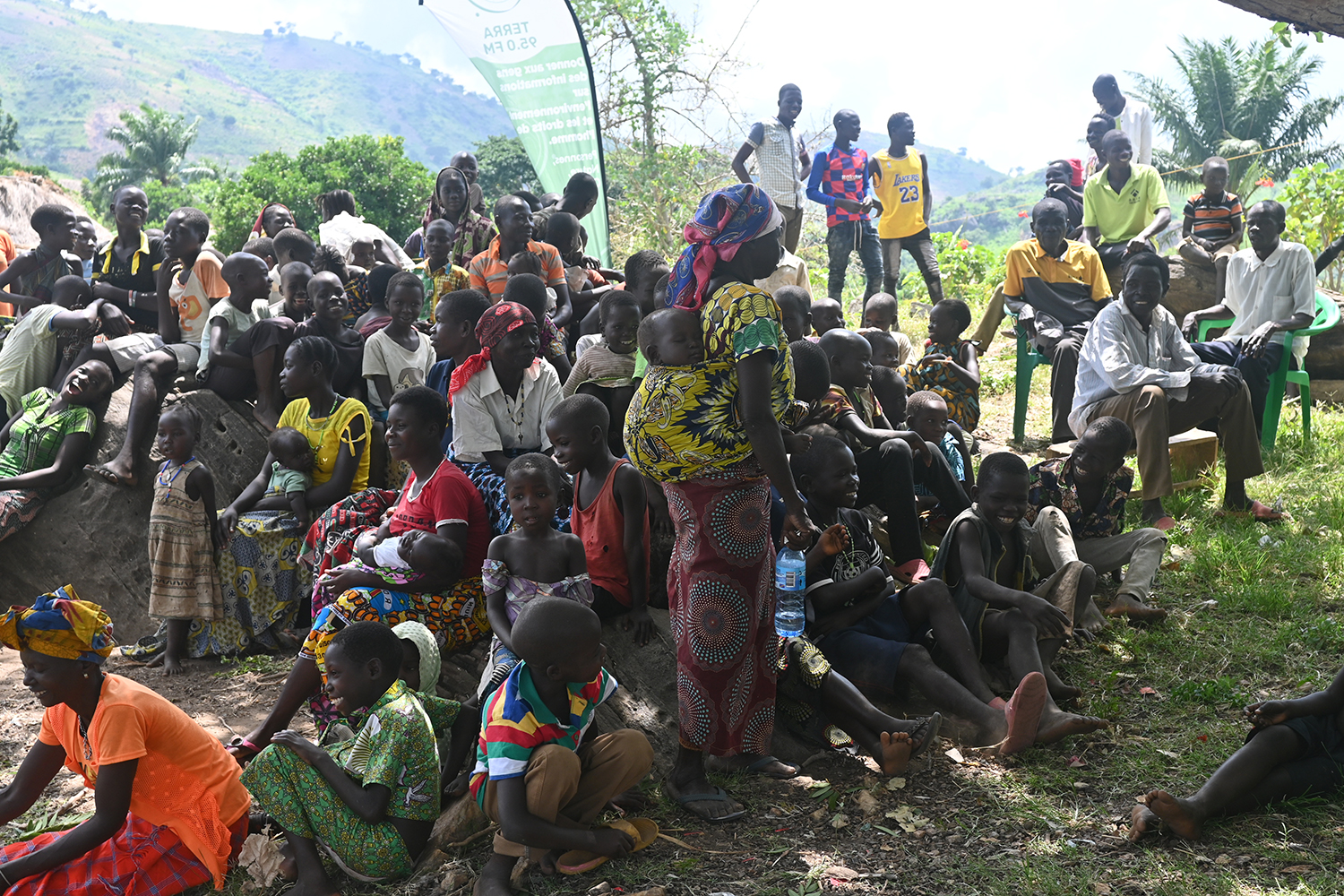
The Environmental Defenders project focuses on land rights and tenure security, with the premise that strengthening land and natural resource rights is critical for eliminating poverty, strengthening food sovereignty, reducing inequality and conflict, advancing gender equality, and preserving biodiversity and ecosystem services. Local communities with strong tenure rights on their land and territories, as well as the ability to use and manage natural resources sustainably, are more robust to external shocks and stressors, and they protect and restore landscapes, which directly contribute to climate change adaptation and mitigation. Furthermore, land governance encompasses the laws, processes, institutions, and traditions that regulate how power and responsibility over land and resources are exercised, as well as how choices about land access, use, and management are made. It details how those choices are implemented and enforced, how conflicting land and resource interests are managed, and how land users are included in decision-making processes.
Thus, for Environmental Defenders, land and natural resource governance entails people and communities securing rights to land ownership and or land usage, as well as long-term control, management, and use of the land and its associated resources. Environmental Defenders has pledged to help promote inclusive land governance models and sustainable land-use practices. Based on Environmental Defenders’ expertise and observations of DR Congo realities, there is a clear emphasis on a territorial working approach that emphasizes the role of ecosystems and their potential to contribute to and address societal challenges such as food and livelihood security, climate resilience of local communities, and economic and social development. Environmental Defenders will also engage with and hold accountable state actors in order to create a favorable political, legal, and economic environment, as well as encourage the private sector to create opportunities for people and the environment.
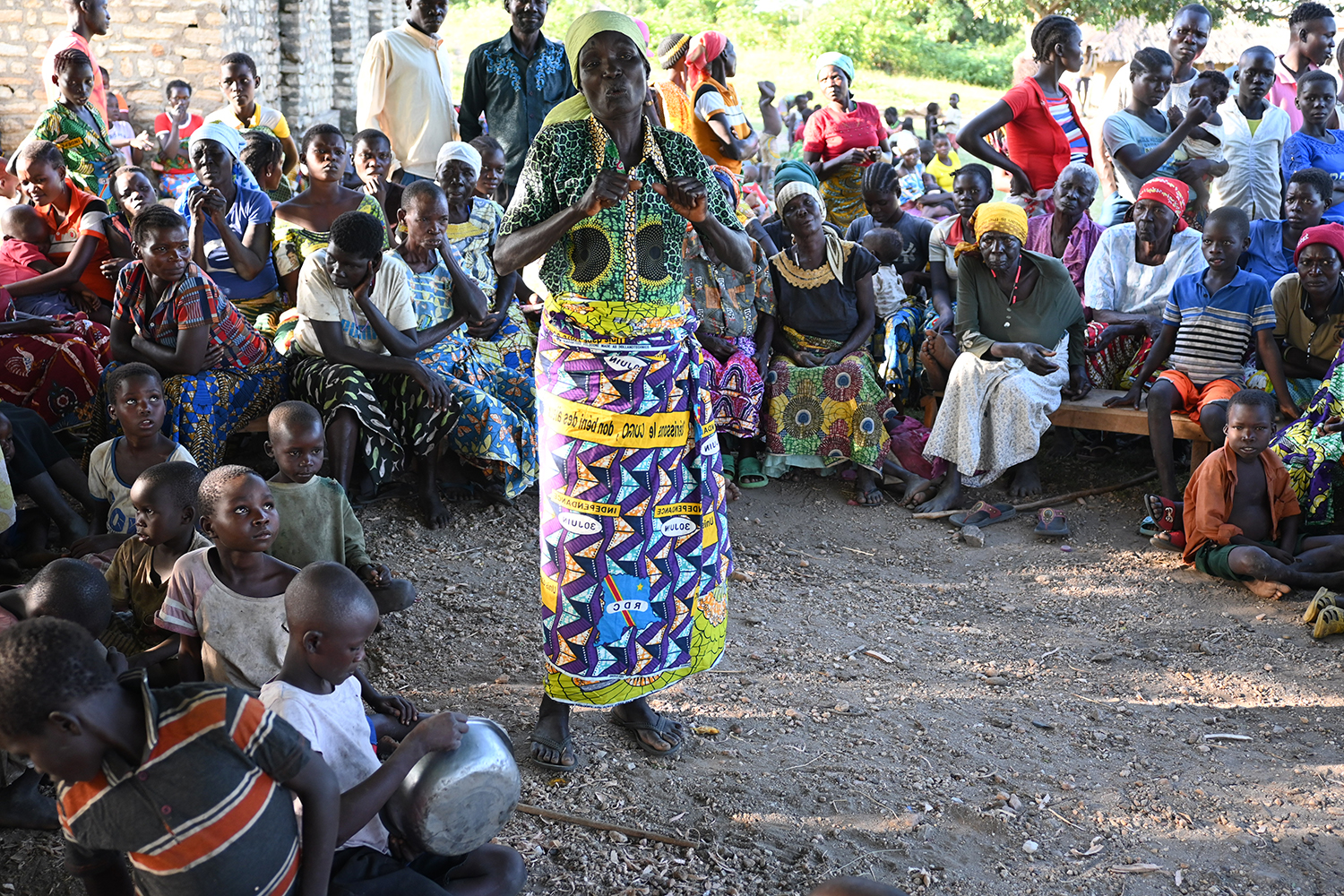
The Environmental Defenders recognizes the importance of territories or landscapes and the role of ecosystems in providing and sustaining key services such as food, freshwater, biodiversity, climate and flood regulation, and water purification, as well as their spiritual, cultural, and recreational services, and their critical role in climate change mitigation and adaptation. Territorial development is defined as the “ability of the actors located in a territory to exercise control over its changes and future.” In this sense, securing territorial access and restoring and sustaining ecosystem services ensures human well-being in terms of secure access to land, water, and other resources, adequate nutritious food, social cohesion, peaceful coexistence among different user groups, and locally adapted economic development opportunities.
As a result, between March and June 2023, Environmental Defenders conducted at least 17 workshops and training sessions on environmental protection, land rights, and climate smart agriculture for smallholder farmers and households in Mahagi Territory of Ituri province in North Eastern DR Congo.This project also included 25 radio interviews and programs that reached at least 3000 people in the Ituri province’s Mahagi and Djugu areas. Workshops we conducted in 17 locations namely Upanu,Abira Ther Aru, Pangoro,Pakeno,Angaba The Nyilia, Angaba Chek Kum, Jupiera Wirii, Anguza Pajen, Pakala, Udruwa, Djupio Jupa ja ngay, Abia Djupapilogo, Labu Pawang,Anguza wi Sebi, Djupio Jupa songa, Abira Aranga and Abira Palamu in Anghal, Mukambu and Wagungu chiefdoms in Mahagi territory,Ituri province, Democratic Republic of Congo. Using these methods, at least 3000 smallholder farmers were contacted. These folks reached out to at least 2000 households in the three chiefdoms mentioned above. The next phase of this initiative begins in August and focuses on places that have not yet been reached during the current phases, which run from March to June 2023.

Backgrounds
The Mahagi Territory is located in north-eastern Democratic Republic of the Congo, bordering Uganda to the east. It has six chiefdoms (Mukambu, Wagungu, Anghal, Panduru, War pa Lara, Djukoth, Alur Djuganda) and more than 90% of its residents are rural and significantly poorer than the rest of Ituri. Seven out of ten persons live below the national poverty level, compared to only three nationally. Literacy among adults is only 50%, compared to 70% nationally. People also die at a younger age of 40, compared to 50 in the rest of the country.
A history of violence, distance, and a continuing lack of community voice, among other things, immediately translate into limited access to government services. Furthermore, rain-fed subsistence farming, on which over 90% of the population depends for a living, has recently been harmed by deteriorating weather, soil deterioration as population pressure increases, and increasing input costs, among other issues.
More than 80% of households live in cultures with significant income disparities. In Mahagi, inequality in the fulfillment of fundamental rights, discrimination, and absolute economic inequality are on the rise and continue to be a major impediment to improving sustainable living possibilities. Poverty, violence, prejudice, and a lack of access to land and resources disproportionately harm women. Women and girls face many forms of discrimination based on gender and other disparities, and they are the most disadvantaged.
Due to environmental stressors and degradation, the effects of climate change, demographic pressure, and land grabs, land and natural resource rights are becoming increasingly contested. Climate change is causing more extreme weather, high precipitation, and intense and frequent droughts. Securing tenure rights for indigenous and local community lands is one solution to both mitigation and adaptation to climate change.
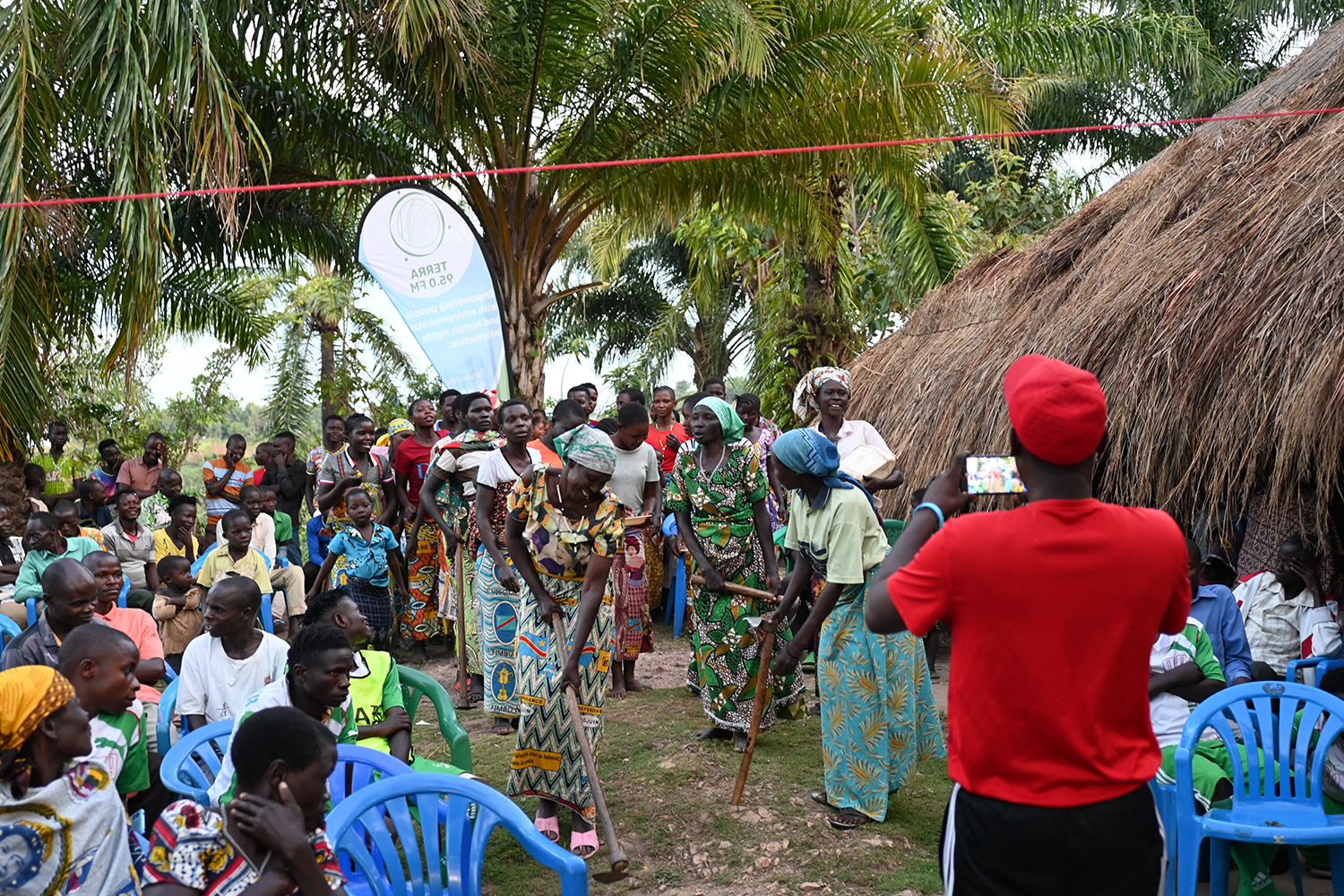
Land and natural resource rights are increasingly being contested as a result of environmental stressors, degradation, demographic pressure, and land grabbing. 95% of the land in Mahagi Territory is undocumented, leaving it extremely vulnerable to land grabbing and expropriation. This is due to the territory’s high poverty rates, with nearly half of the population living on less than $1 per day.
Good land governance, intact ecosystems, greater understanding of the efficiency and sustainability of land and water use, and peaceful solutions to land and water disputes are critical in this setting. Furthermore, evidence is accumulating that where indigenous peoples and local communities have secure tenure, they are frequently the most capable guardians of the planet’s natural capital, contributing to both adaptation and mitigation to climate change.
As a result, Environmental Defenders values grassroots community empowerment as a critical mass for creating local capacity to initiate, own, and maintain local development through this project. Participatory leadership is one area of focus since it involves the transparent and accountable co-management of communal concerns. The acquisition of voice by the voiceless, listening to varied perspectives, responsiveness, and accounting for all (in) actions in such a way that all members share in the achievements and failures are all inherent in this leadership style.
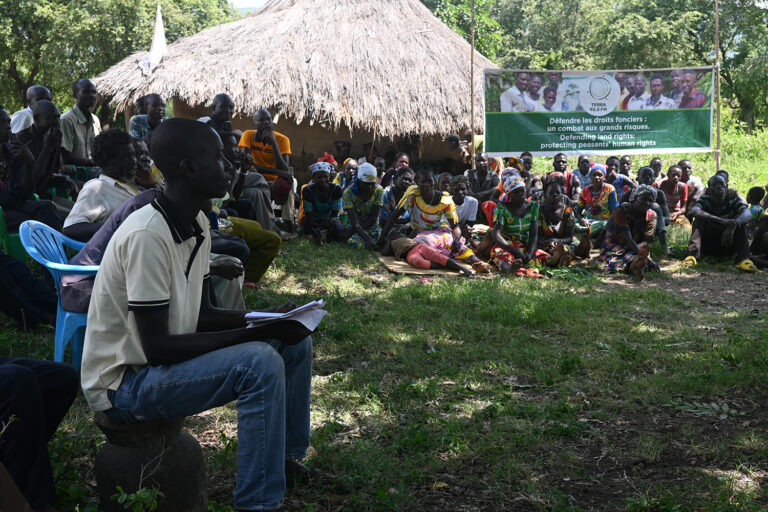




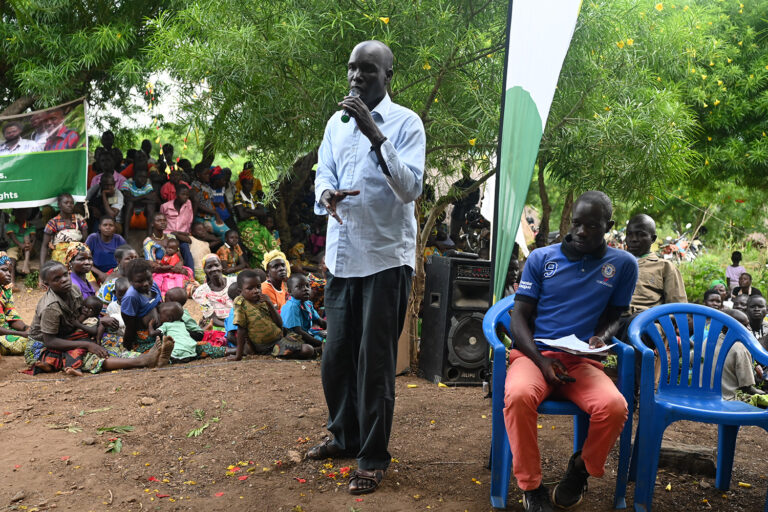
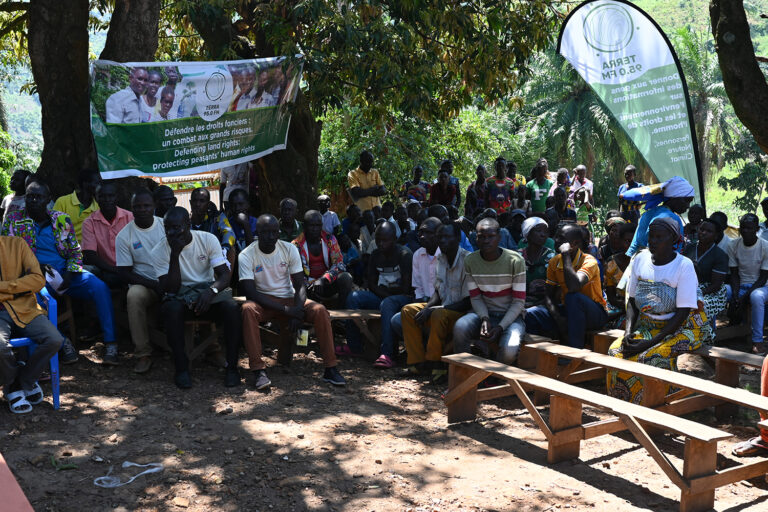
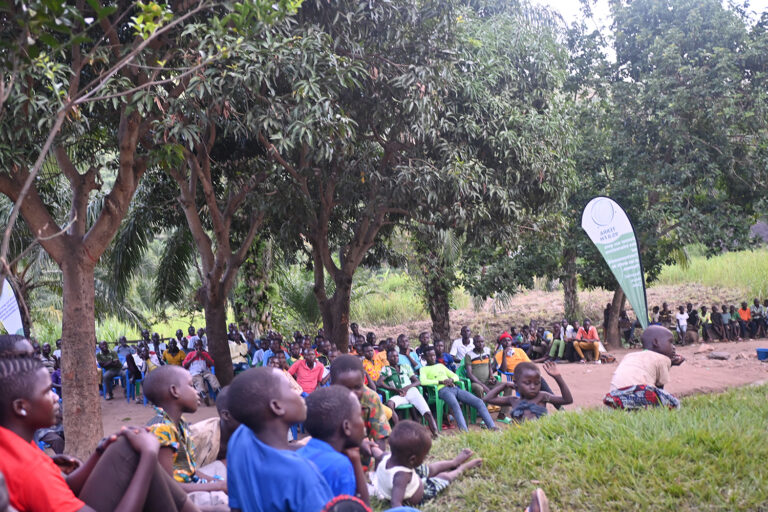
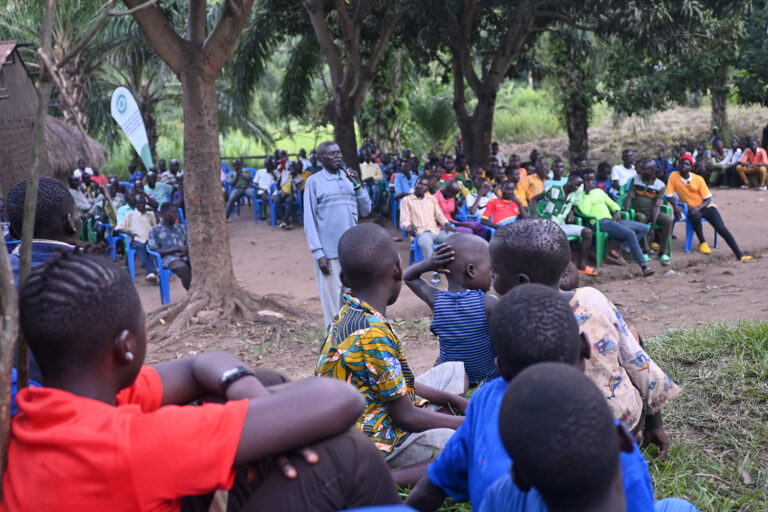
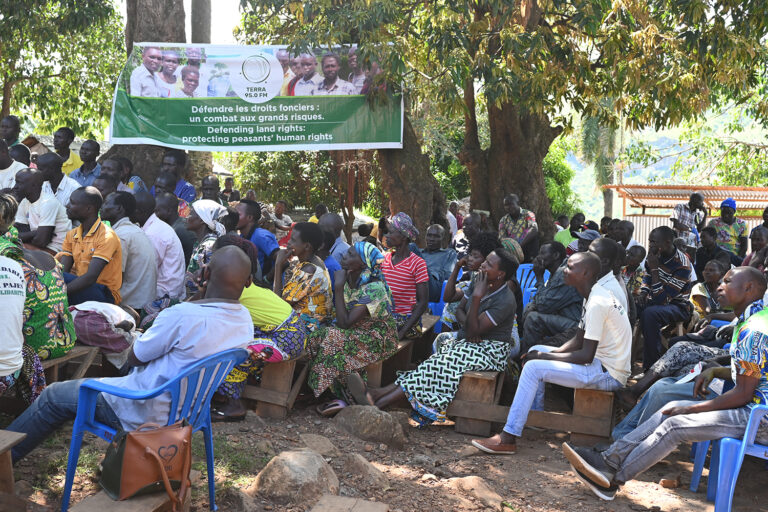




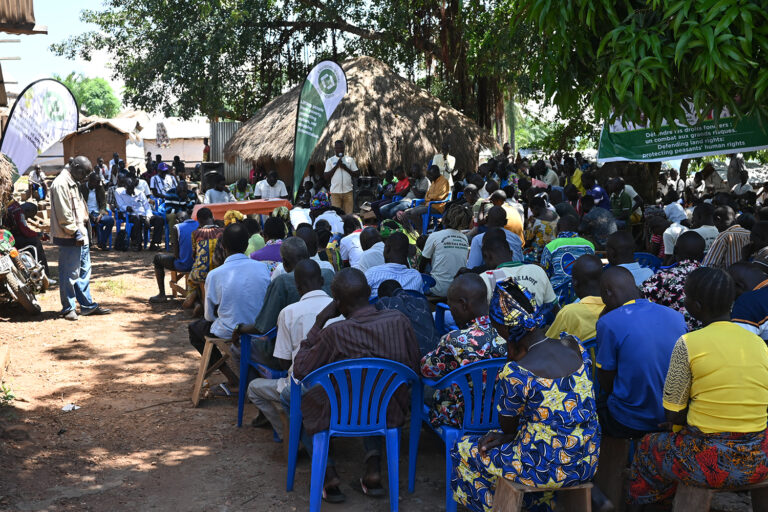
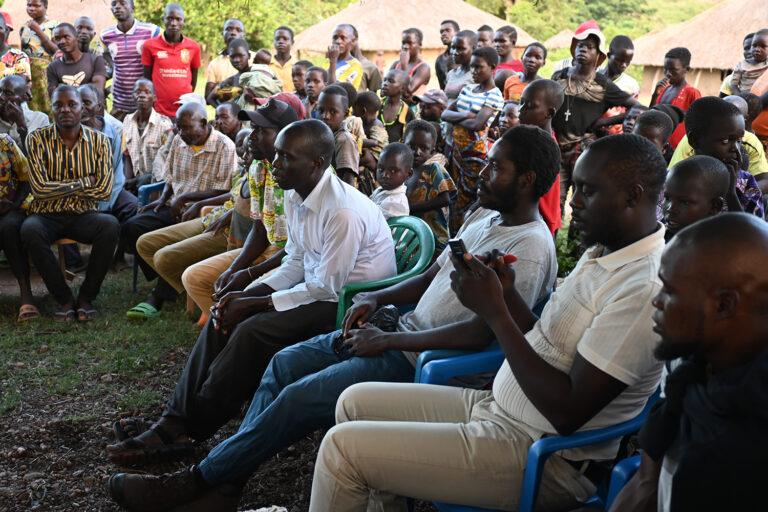
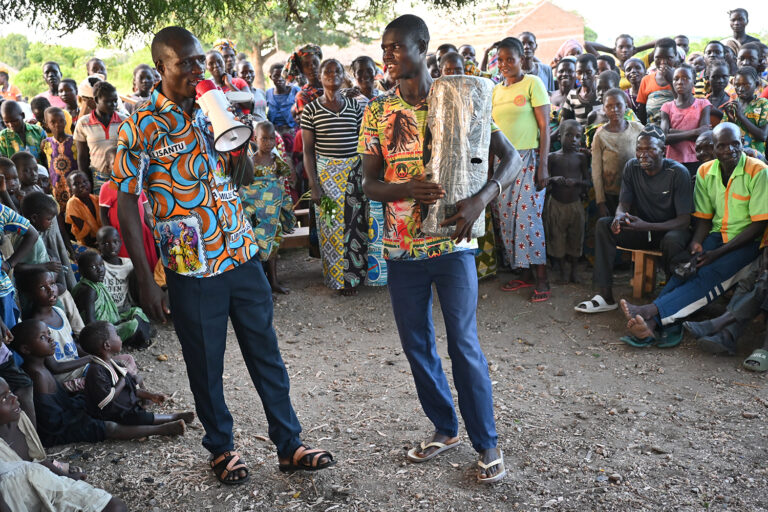
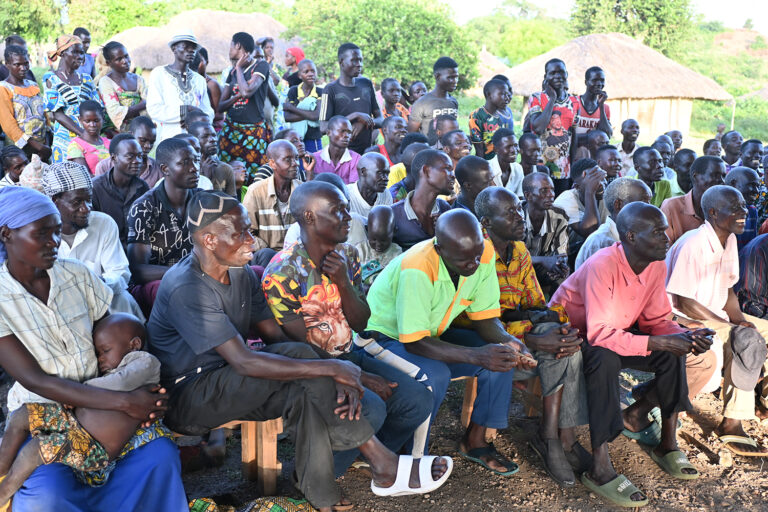
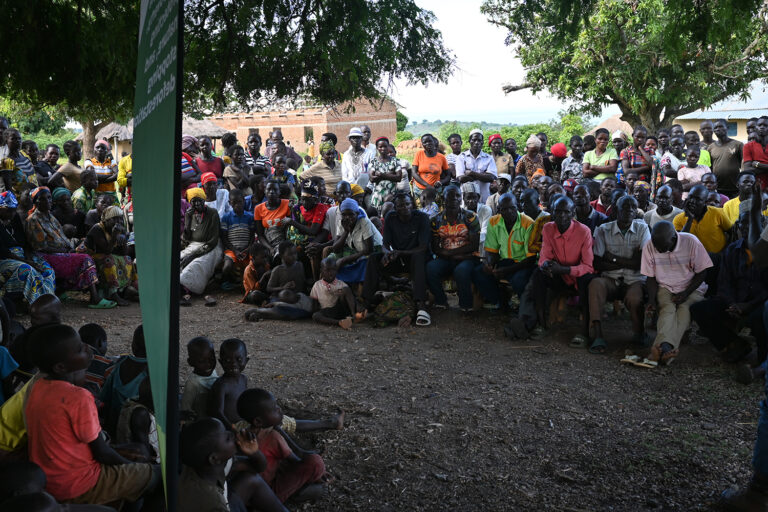

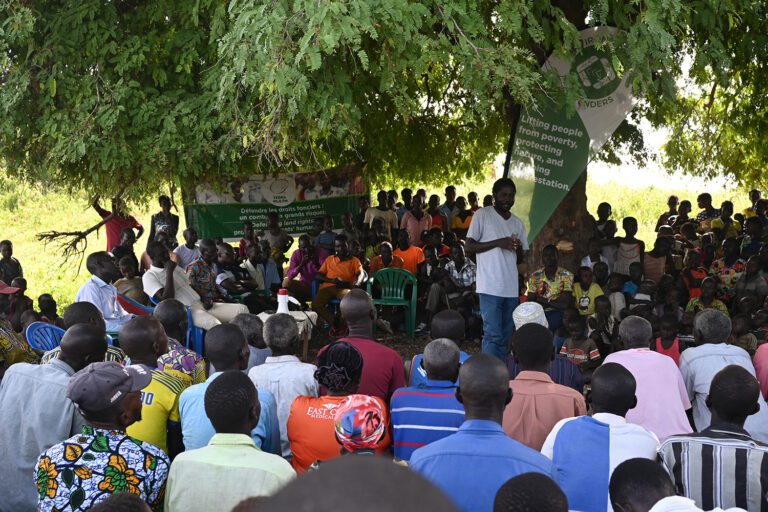
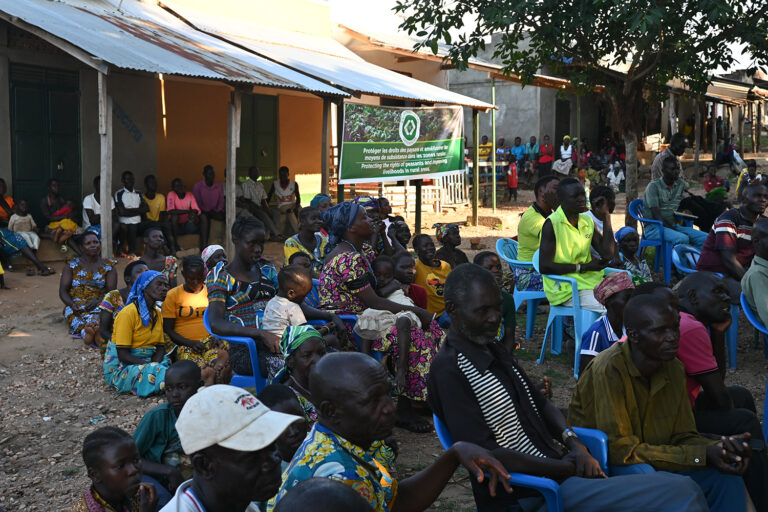
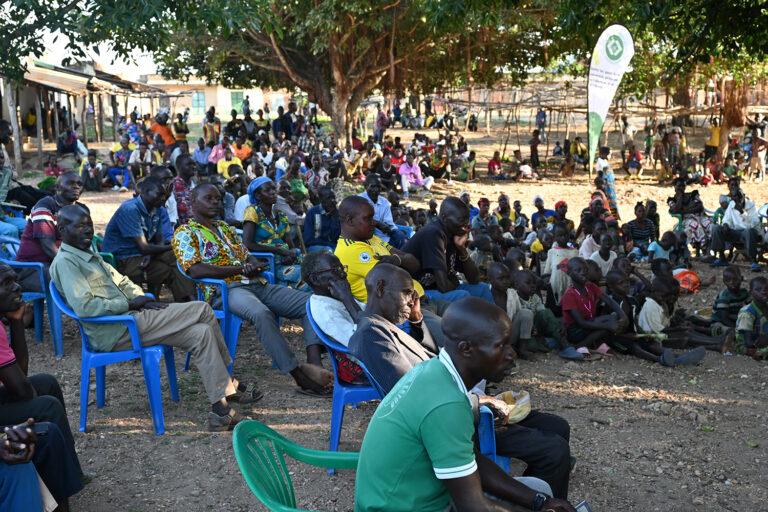
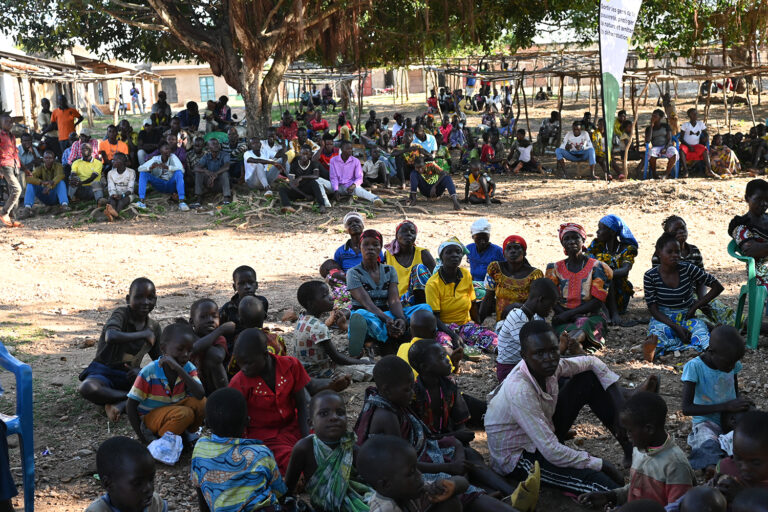


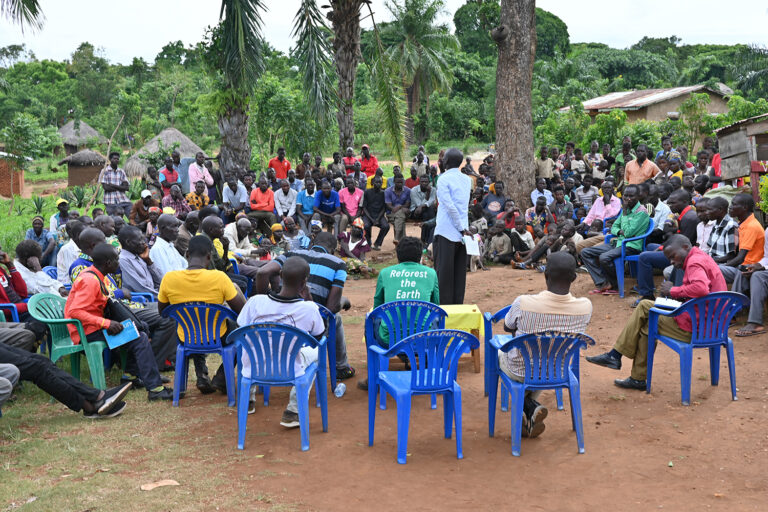
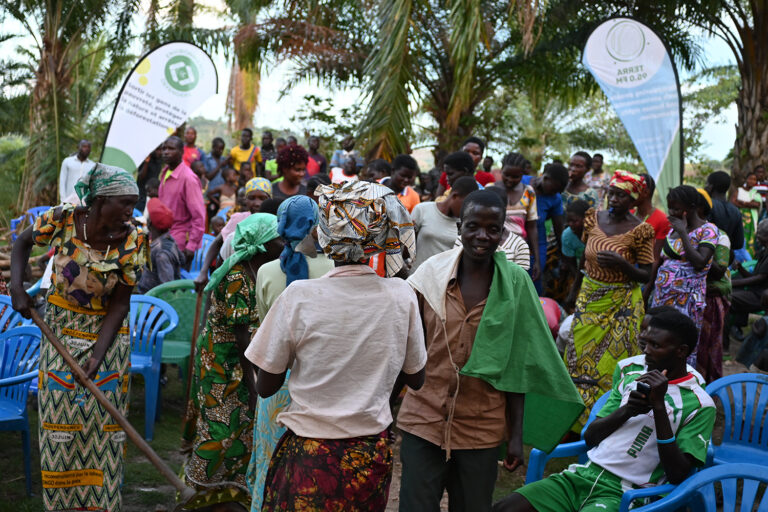
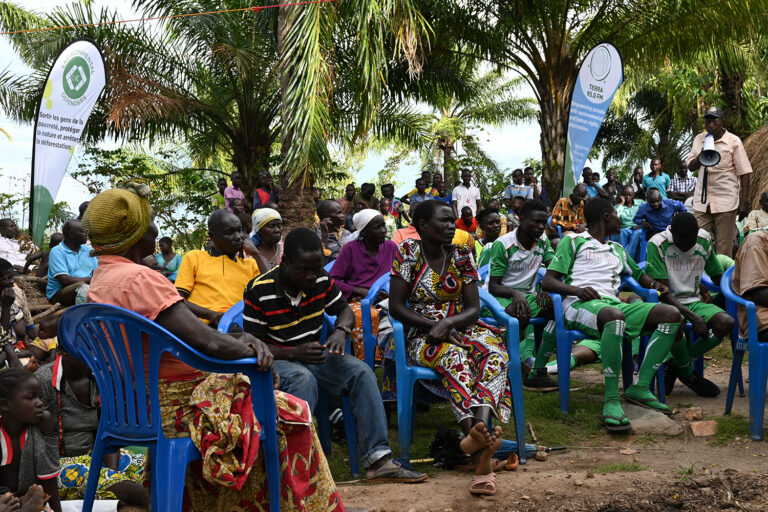
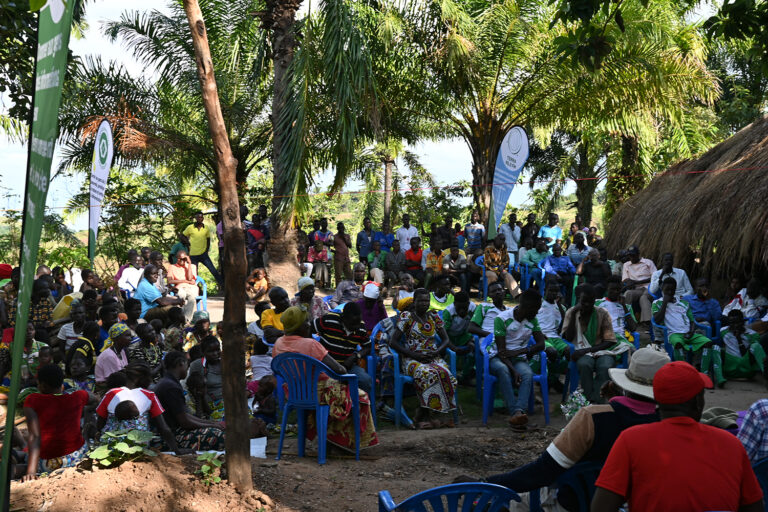


About Environmental Defenders
The Environmental Defenders (ED) is an ecofeminist and collaborative environmental justice organization that works to protect biodiversity and Indigenous Peoples’ rights. We work in the Albertine Rift region (Murchison-Semliki, Greater
Virunga, and Ituri landscapes), which borders the Democratic Republic of the Congo and Uganda.
We are committed to fostering resiliency for environmental and human security, assisting marginalized Indigenous Peoples and traditional communities in the Albertine rift region to live sustainably and safeguard their cultural practices, water sources, lands, and surrounding environment.
The mission of Environmental Defenders is to Protect and defend the natural environment, as well as the people and wildlife that rely on it.We envision an environment that is safe, healthy, and ecologically sound for both people and wildlife.

